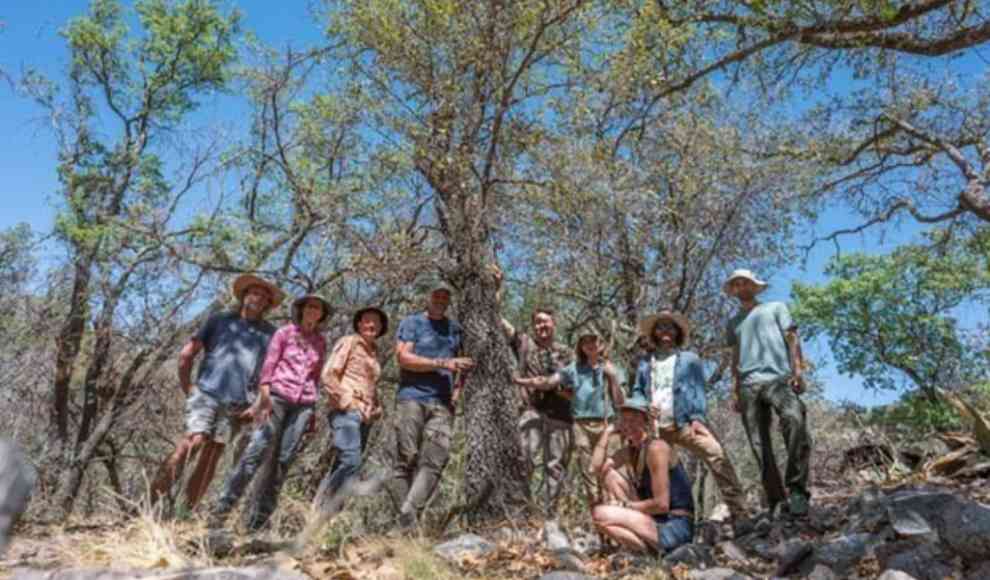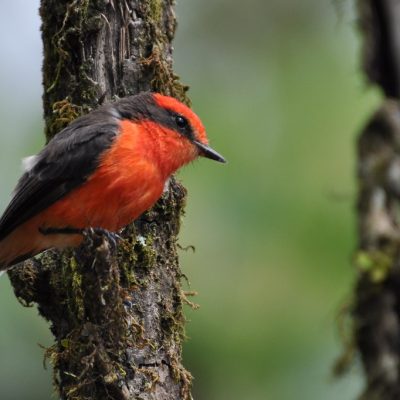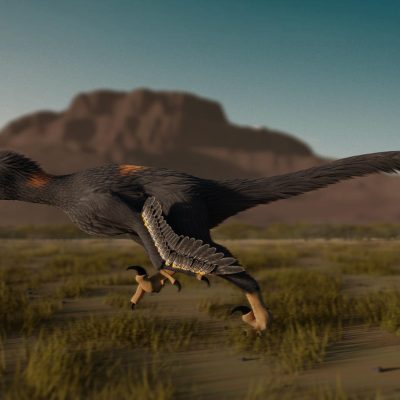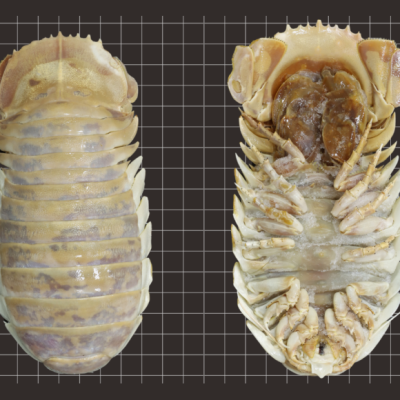In a remarkable discovery, botanists have rediscovered a species of oak tree believed to be extinct in the Big Bend National Park in Texas. The Quercus tardifolia, a lone tree in poor condition, could be the last of its kind. This discovery offers a rare opportunity to learn more about protecting endangered species and the impact of extinction on the ecosystem.
The rediscovery of the Quercus tardifolia, a species of oak tree believed to be extinct since 2011, has caught the attention of the scientific community. The tree, standing at about 10 meters tall, is in poor condition. The scientists hope to learn more about ways to protect other endangered species within the habitat of the Quercus tardifolia by studying the tree. The extinction of a species often leads to a domino effect in the corresponding ecosystem, affecting other species of plants and animals. As the Quercus tardifolia may be the last of its kind, it is one of the rarest tree species in the world.
The rediscovery of the Quercus tardifolia is a significant find for the botanical community. The oak tree, believed to be extinct since 2011, offers a unique opportunity to study the impact of extinction on the ecosystem. Additionally, studying the tree could help develop strategies to protect other endangered species. The botanists hope to preserve the heavily damaged trunk and the entire tree itself, and work with the park management to reduce the risk of further forest fires. This protection plan is an important step in securing the survival of this rare tree species.










